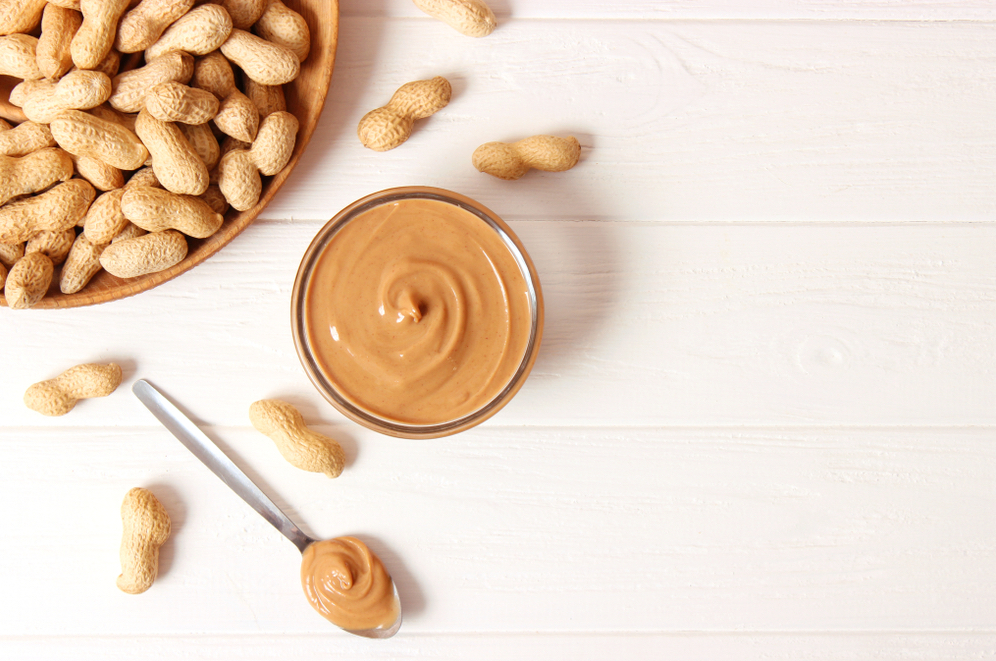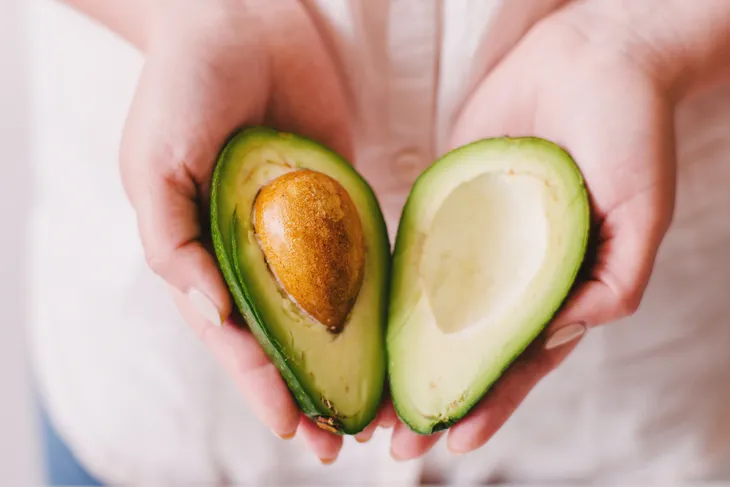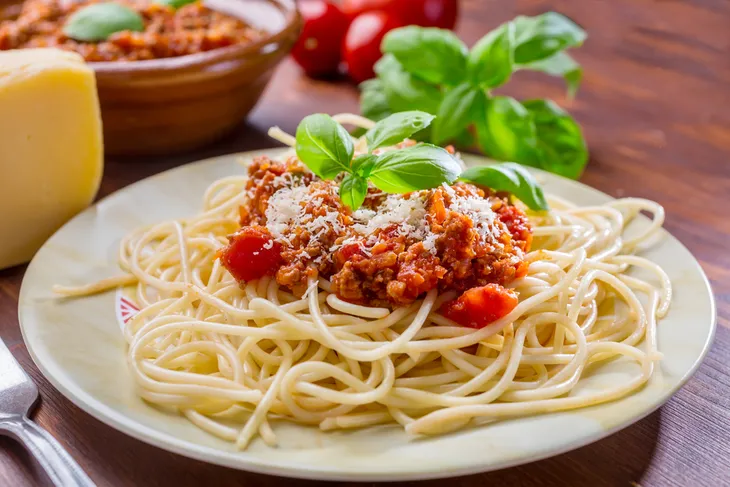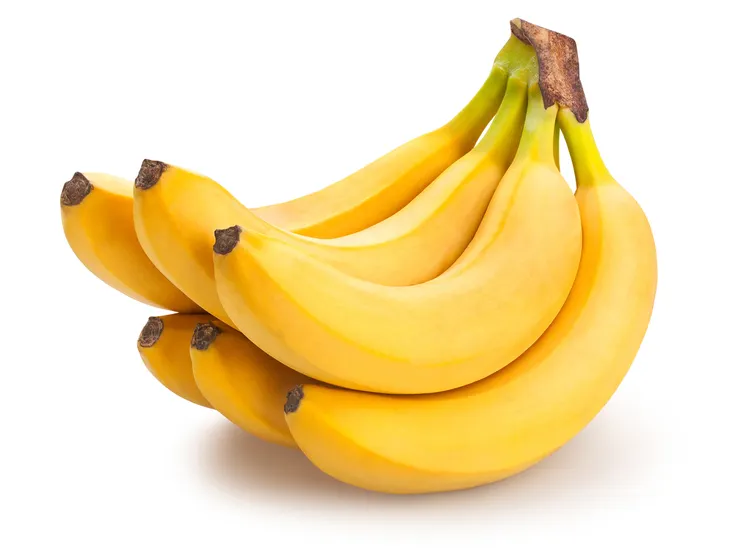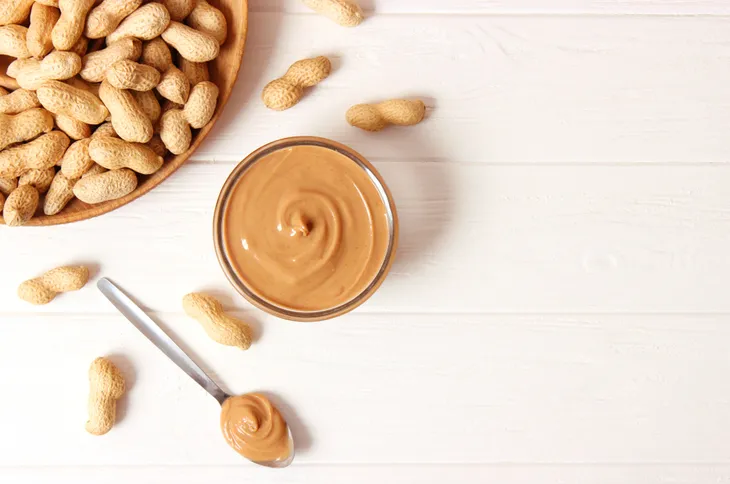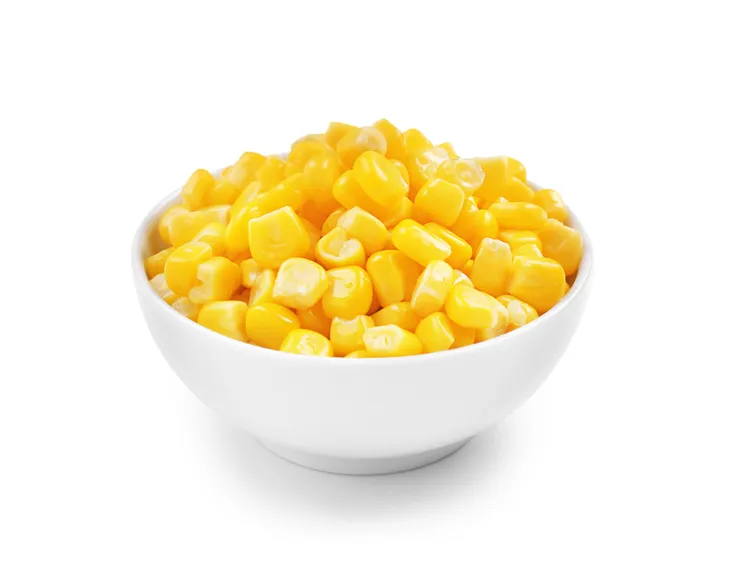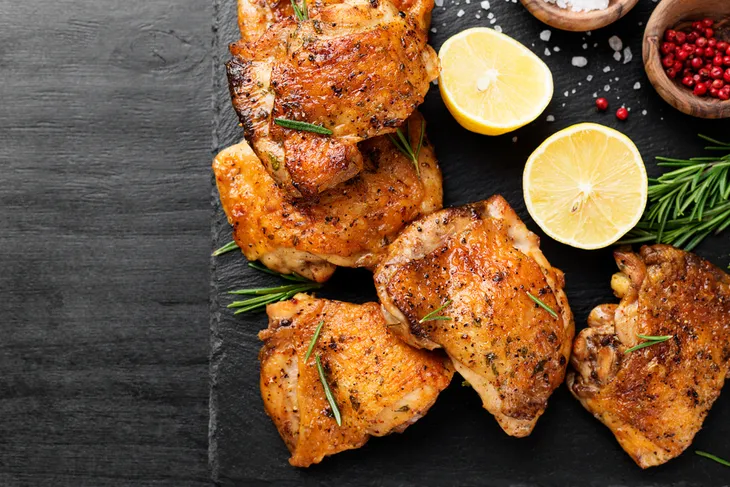It’s January and that means lots of New Year’s resolutions about eating better, exercising more, and losing weight. A key part of that plan is picking the right foods to consume, which means having a clear idea of which foods are unhealthy and which foods are good for you.
Trouble is, there are plenty of foods out there that have got a bad reputation in one way or another. Let’s take a closer look at several foods that more people should be eating right now…
Avocado
You’ve probably heard that avocado is full of fat, and that’s true! This unique fruit (that doesn’t really taste like your typical fruit) does contain plenty of natural fat.
But here’s the thing, those fats are monounsaturated fats, which makes them very different from the fat found in processed foods—like hamburgers, hot dogs, and ice cream. In fact, the fats in avocados have been shown to help lower the risk of heart disease and stroke, according to research from Pennsylvania State University.
Spaghetti Bolognese
Spaghetti (and most other pastas, for that matter) has gotten a bad rap because of the long-running obsession with carbohydrates and cutting them out of diets. But the dish as a whole is really quite healthy. For instance, the iron and protein in the Bolognese sauce (a meat-based ragù that typically features beef and pork) build muscle—while the lycopene in the tomato sauce can improve your energy levels. Bolognese sauce can also be made with lentils for a healthy plant-based option too.
The pasta itself isn’t that bad either, particularly if you use whole-wheat pasta, which is full of healthy fiber. And let’s face it—our bodies need some carbs! After all, health experts at the McKinley Health Center, at University of Illinois, refer to carbohydrates as the body’s main source of fuel.
Bananas
Bananas are one of the world’s most popular fruits primarily because of their high sugar and carbohydrate content. That’s why you can find bananas in so many unhealthy desserts, from ice cream to pastries and pies. Maybe that’s why they’ve developed such a bad reputation.
But there are many reasons to eat bananas. First and foremost they’re packed with potassium, fiber, and vitamins C and B6. All of that will give you the energy to get through your day and won’t come loaded down with the artificial sweeteners found in many sweet treats.
Peanut Butter
Like many of the other foods on this list, peanut butter does have its fair share of fat—which is precisely why it’s developed such a negative reputation over time. But that should scare you off this delicious spread, which contains protein, fiber, and lots of vitamin E.
It’s also worth noting that the unsaturated fats in peanut butter have been linked to reducing LDL cholesterol and the risk of heart disease. Look for natural, organic peanut butters with no added preservatives to stay full longer—while helping you avoid the unhealthy fats found in overly processed foods like burgers and hot dogs.
Coffee
Many people simply can’t function without the delightful buzz provided by the caffeine found in a morning brew. But that’s precisely why coffee has developed such a bad reputation. The caffeine can be addictive. In addition, loading up your coffee with cream and sugar makes it a very unhealthy beverage.
But you can make a slimmer cup of Joe by using skim milk and natural honey rather than cream and processed white sugar. And drink your coffee in moderation, limiting yourself to one or two cups a day. The benefits are clear: coffee contains antioxidants, which the American Diabetes Association links to a lower risk of type 2 diabetes—so long as it isn’t packed with the sweet stuff.
Corn
These days many of the unhealthiest foods on the market (i.e., cereals, cookies, candy) are sweetened with high-fructose corn syrup—which helps explain why corn has developed such a bad reputation.
But corn on it’s own is a healthy vegetable when you consider that it’s packed with protein, fiber, and energy-building vitamin B. It’s also highly durable. Corn can be added to a stir-fry, tossed into a stew or soup, or eaten right off the cob. Just avoid eating it in excess and try to skip the salt and butter.
Chicken Thighs
Most diet experts recommend that people looking to lose weight skip right past the dark meat and choose low-fat skinless chicken breasts. Truthfully, chicken thighs (and legs) contain far more fat than chicken breasts.
But here’s the thing: chicken thighs are loaded with healthy monounsaturated fats, which are very good for your heart. They’re also cheaper and cook much faster—not to mention the fact that they’re arguably far more flavorful than chicken breasts. Try marinating them for a few hours before broiling them in the oven.
Eggs
Like so many other great foods that get dismissed, eggs are high in fat. And sure, it’s a good idea to avoid eating eggs every single day of the week.
But it’s worth noting that eggs are packed with vitamins A and D and the healthy antioxidant lutein. They’re also filled with protein, which can keep you feeling full for longer. If you’re really concerned about fat, try beating one whole egg with a few egg whites. Cutting some of the yolks out will keep the fat content reasonable.
